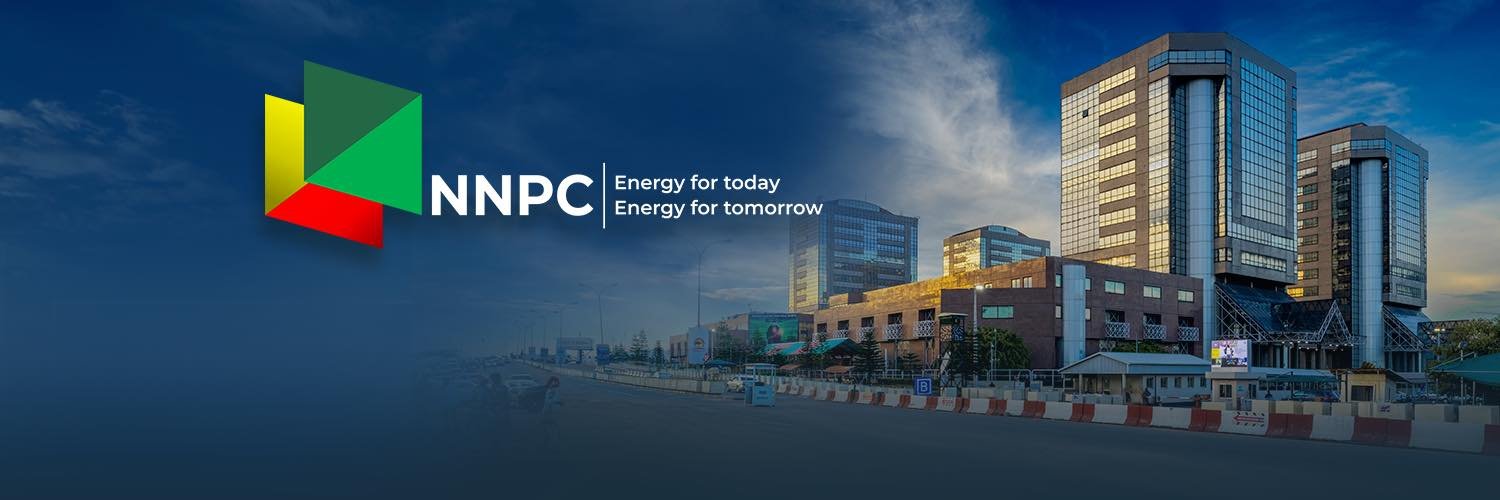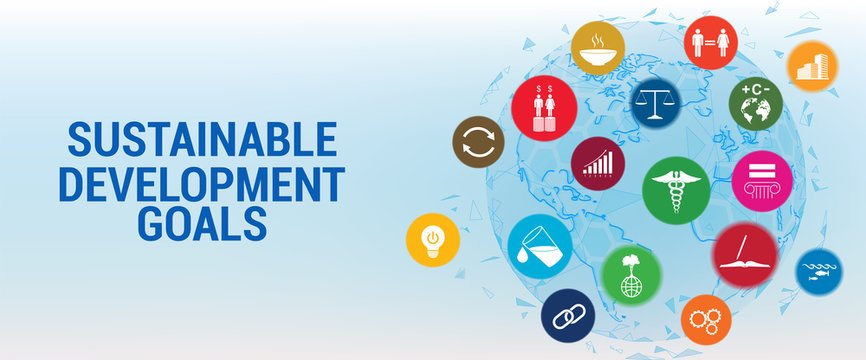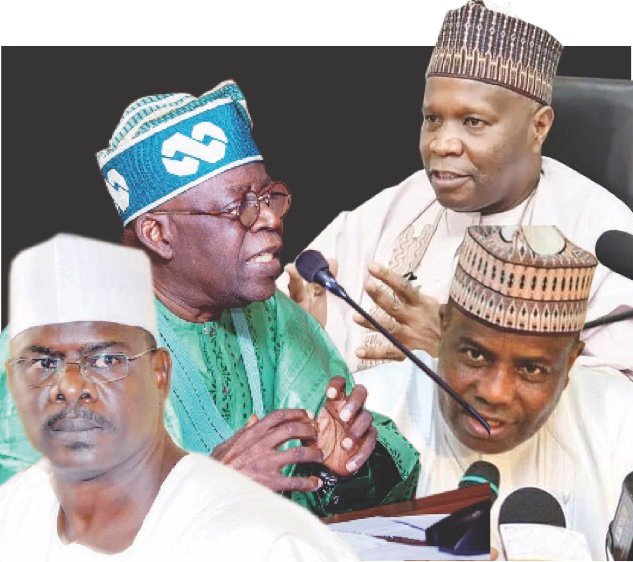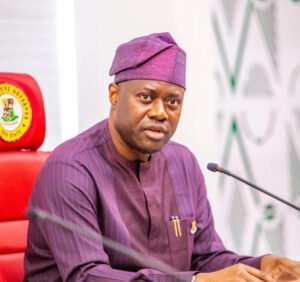By Omoniyi Salaudeen
The ongoing controversy over President Bola Ahmed Tinubu’s Tax Reform Bills introduced to the National Assembly has once again reopened the traditional rigid dichotomy between the North and the South.
The Northern opposition to the bills, which many stakeholders have applauded as the right step towards restructuring, partly explains why Nigeria has remained a work in progress 64 years after its independence.
A nation, like humans, evolves. Building a nation into a united and strong entity also takes place through careful nurturing and genuine patriotism. However, since attaining self-rule in 1960 made it impossible for the constituent parts to divest themselves from ethno-religious sentiments, the country has been unable to evolve into an enduring nation built on trust and mutual respect. Not only that the process leading the country into its manifest destiny as a stable and prosperous nation is slow, but also perfunctory and contradictory.
The needless disagreement that led to the suspension of the bills by the National Assembly shows a dark future for the country’s progress. It shows the paradox of a nation that desires prosperity, but cannot strike a delicate balance between the tendency towards ethnic preservation and its national development goals. Every part is concerned with the sharing of the national cake, but nobody wants to join hands to bake one that will be big enough to go round.
Prosperity is directly a function of productivity. Over the years, Nigeria’s tax-to-GDP ratio has been lower than what is desirable for sustained economic development. As such, revenue mobilization capacity has remained stagnated due to a lack of proactive measure to ensure fiscal autonomy for the federating units. Instead, each state looks at the Federal Government as a Father Christmas.
Available reports put the current tax-to-GDP at six per cent. According to the IMF mission chief for Nigeria, Axel Schimmelpfennig, the ratio is one of the lowest in the world as well as the African region.
Among other things, the Tax Reform Bills aim to simplify the tax structure and revamp key tax legislation to develop a comprehensive revenue mobilization strategy which will stimulate the economy for maximum productivity.
However, in the past few weeks, the reform bills have pitched the 19 northern state governors against the Federal Government, calling on the legislators from the region not to support its passage into law. Governor Muhammed Yahaya of Gombe State, who read the communiqué issued at the end of their meeting in Kaduna, declared that the tax bill was against the interests of the North and directed northern lawmakers to reject it.
The opposition from eminent stakeholders in the region borders largely on the proposed shift to a Derivation-based model for Value Added Tax distribution. They claim that the proposed formula would put the northern states and other less industrial regions at a disadvantage.
The communiqué reads in part: “The forum notes with dismay the content of the recent Tax Reform Bill that was forwarded to the National Assembly. The contents of the reforms are against the interest of the North and other sub-nationals, especially the proposed amendment to the distribution of Value Added Tax to a Derivation-based model.
“This is because companies remit VAT using the location of their headquarters and tax office where the services and goods are consumed. In view of the foregoing, the Forum unanimously rejects the proposed Tax Amendments and calls on members of the National Assembly to oppose any bill that can jeopardise the well-being of our people.”
In the ongoing debate over the desirability or otherwise of the bill, Senator Ali Ndume, Senator Aminu Tambuwal and a host of their other colleagues have vehemently expressed concerns over the socio-economic impact of the bill on the northern region, especially bearing in mind the high poverty rate and security challenge confronting the region.
The sad irony is that those who seek to govern do not understand that what they often refer to as equal rights in a practical sense is the equal rights to be unequal. By nature, each region has its comparative advantages which if properly harnessed can make Nigeria one of the leading economies of the world. However, due to lack of innovative ideas about ways to turn opportunities into economic potential, some of these leaders only lament the poverty trend in their domains rather than addressing it.
The big question now is: How far can Nigeria go in its nation-building effort, if every development effort is either frustrated or supported based on ethnic or sectional interest? Some concerned stakeholders in the South, who spoke with Sunday Sun, criticized their northern counterparts for placing regional sentiments above the national interest.
A chieftain of the ruling All Progressives Congress (APC) in Oriade/Obokun Federal Constituency of Osun State, Prof. Siji Olamiju, therefore, cautioned the National Assembly against playing politics with the tax reform bill, noting that it is a crucial part of restructuring.
Olamiju advised Senator Ndume and other lawmakers opposing the bill to study the policy behind the reform initiative rather than criticizing it blindly.
He maintained that the bill would not only block leakages, but would also motivate states and local governments to work harder to generate revenue for development.
“I urge the National Assembly to disregard the noise of those who have nothing to offer and instead support this excellent bill. With President Tinubu’s leadership, Nigeria will reach its Promised Land in good time,” he posited.
Chief Chekwas Okorie amplified the same opinion, saying that “the tax bill will wake up the various federating units and sub-nationals to begin to explore and exploit their comparative advantages.
His words: “If there is anything President Bola Ahmed Tinubu has done since he came into office close to two years that will endure and outlive him and many of us it is this aspect of introducing fiscal federalism which is what the tax bills intend to achieve.
“Every part of Nigeria is endowed with certain advantages in terms of human and material resources to grow. But instead of doing that, the governors are so dominant that they cannot use innovation to evolve a strategy that will engender development. With the four tax reform bills put together, I can tell you that it will make every state wake up to its responsibilities and Nigeria will be the better for it.”
While lamenting the damage ethnic sentiments had done to Nigeria’s development efforts, Chief Okorie challenged those opposing the bill to an open debate.
“Nigeria has been stagnating and retrogressing since independence as a result of this type of mindset. Any attempt to democratize our economy, our politics and our governance is usually resisted by some people from the North who managed to use the military regime and the civil war situation to corner the control of government,” he said.
However, he expressed optimism that the bill would pass the test of public scrutiny.
“More and more northerners are getting more enlightened and beginning to liberate themselves from that mentality of a monolithic North that favours only a particular ethnic group as against the larger interest of the entire people of that region,” he added.
He particularly singled out Fulani as the main opposition against the bill.
“When you see those that are always against anything that will bring a balanced development in Nigeria, often times, 70 to 80 per cent of them are the Fulani. I am not mincing words about this and I don’t have anything against the Fulani. But this has been my observation over the years. When you see anybody saying we the North; find out where that person is from, he must be a Fulani. They do so because the idea of a monolithic North favours them. And they are the only ethnic group that does not control any state in Nigeria. There is no state you can call a Fulani state in the whole of the 36 states of Nigeria. Yet, they have managed to hoodwink the Hausa and other ethnic minority groups in the North to believe that whatever they promote is for the entire Northern region.
“The Middle Belt people have woken up and the Hausa have woken up. In fact, if there is a plebiscite today on this issue of tax bill, an overwhelming majority of Nigerians will vote for this tax bill. I like the fact that the nitty-gritty of these four bills have been broken down to the understanding of even the unwearied.
“I will only urge the government to continue the advocacy, telling Nigerians how it will benefit them.
“It is unfortunate that some people continue to live in the past. I have listened to those opposed to it; they have never come up with any convincing reason. We ought to have done it 20 or 30 years ago, but we lack the moral courage to do it. I give it to President Tinubu for his courage and the audacity to do the right thing irrespective of whose ox is gored.
“We are all for this tax bill. If we go for a plebiscite today, the whole of the South will go for it. Even in the North, the majority of Northerners will vote for it. I have interacted with many of their leaders. The Middle Belt people in particular have woken up. In Kano State where we have strong intellectuals, you can see them coming in strong support of the bill. It is in the interest of every section of Nigeria. Every well-meaning Nigerian should support it. I give it 100 per cent support,” Okorie declared.
Prof Tayo Bello, sharing his thoughts with Sunday Sun, however, noted that the presidency had on its own created an atmosphere of suspicion with the configuration of the tax committee skewed in favour of the Southwest.
“Right from day one, the presidency did not configure the tax reform properly. The committee that decided and participated in the reform is one-sided. Nigeria is a multi-ethnic nation. The President should have carried everybody along. By so doing, people would have seen themselves as part of the process. There is a bias in favour of the Southwest in the configuration of the committee and even the economic team. Let them carry other parts of the country along,” he posited.







